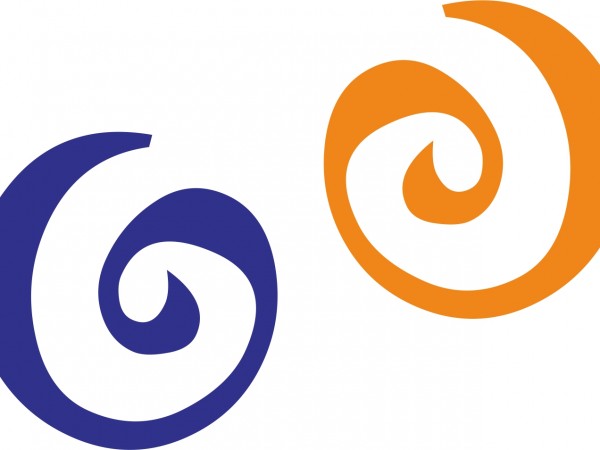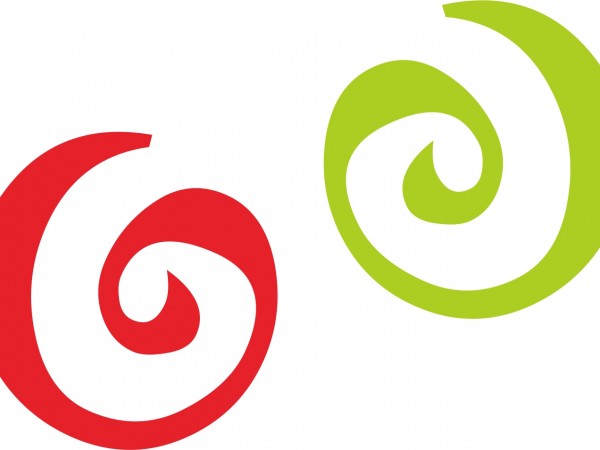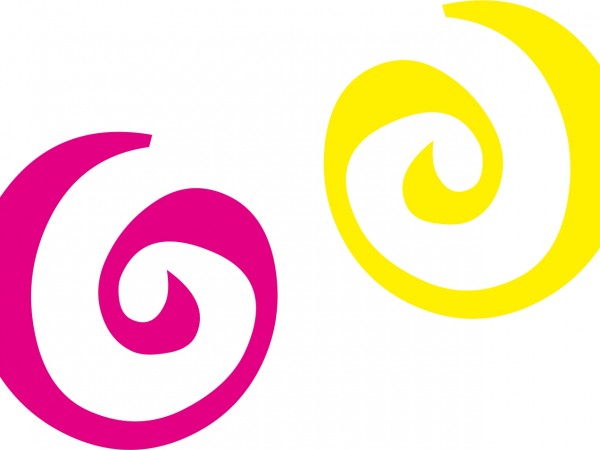How often do you go through a day carried in a stream of busyness and doing? Constantly running from meeting to meeting, call to call or rushing to get things done. In doing this, how often do you get chance to take stock of where you are at your deepest level-listening to that small voice or feelings that get trampled on in the rush or pushed aside-until we have more time to think things through?
Mindfulness is a way of being in the present moment so that we become more aware and fully present, noticing what is unfolding moment by moment and allowing a sense of spaciousness and non judgement. Mindfulness encourages us to wake up to our deeper selves, it shapes us and deepens our self and other compassion along with our wisdom and wellbeing. However in practicing mindfulness, we are not as such trying to get anywhere other than to be fully present and getting out of our own way.
Why might this be important in the world of work? It is about the quality of attention you are giving while you are at work and for that matter out of work. Can you trust the quality of decisions that you are making? Are you listening to your deeper intuitions? Have you brought your whole self to bear? In life decisions are you connected with what is deep and best within your self rather than what is at the top of your ‘mind’ or what you are reacting against?
The following video filmed by Action for happiness at their evening with Jon Kabat Zinn which I attended in March, talks more about mindfulness and gives you an experience of what it is all about:
In my workshops and coaching a common question I get asked is how to motivate people that are either a) not motivated b) coming up to retirement c) not in the top 10-20% or considered to be the backbone of the organisation with few vertical career opportunities.
In essence, I feel that one way to tackle this challenge is through the types of conversations that managers are having with their employees on a daily basis and at key review points. While competency systems are helpful in creating focus on what a role needs, I think managers could benefit with coaching and training on how to have a really good career conversation with their employees. Why? Because the answers to the questions they ask will lead to a greater awareness of what inspires people, what makes them want to get out of the bed in the morning and hence give both the employee and the manager more of an idea about what really motivates them. This motivation drives personal development, performance and productivity.
Through exploring the types of questions to ask, really good listening, taking a focus on strengths and an exploration of what makes work meaningful for people both the manager and the employee can build up a picture of what an employees’ ‘ideal’ looks like. The conversations are then looking at the alignment of people’s skills with an organisation’s needs, while at the same time addressing an individual’s intrinsic motivation rather than relying on typical extrinsic motivations of pay and promotion. While status, promotion and money are important most psychological research points to people being more fulfilled and flourishing by considering what drives them so that work moves from being just a ‘job’ through to a career or even for some a vocation.
..and what about those coasting towards retirement? Boredom can cause huge problems for those that that are understimulated or underchallenged-they rust out rather than burn out. Key here is exploring new challenges for the employee focused on serving others in the organisation, creating legacy and helping them start to manage the transition on to different things. We all liked to feel needed and appreciated..
If you would like to find out more about making the most out of career conversations workshops and skills boosters for managers and employees please do give me a ring or drop me a mail.
In my coaching with individuals and supporting Leaders and Managers within Organisations the topic of resilience, positivity and ‘can-do’ attitude generally comes up. The following are books that talk about concepts, tools and perspectives that are at the heart of my coaching with both individuals and organisations. Each book interlinks with the others and focuses on the relationship between how we see the world and our emotional and behavioural reaction to it.
To help us in developing our resilience, through coaching, it is useful to explore the links between our thoughts, actions and emotions when people are resilient and when they are not.
Great Books that focus on some of the techniques that inform my coaching.
Click on any of the links to be taken to my public google bookshelf which will tell you a bit more about the book, any reviews and where to buy or find electronically:
Great Books that I have read around helping clients with career moves and choices. Some of the books focus on understanding your strengths and talents, others about mindset and others around process. Let me know what you think.
Click on any of the links to be taken to my public google bookshelf which will tell you a bit more about the book, any reviews and where to buy or find electronically:
Wellbeing at Work Survey for both Individuals, Teams and Organisations
January 15th, 2013
Heather Johnston
Update: This survey has now been phased out. I do have a number of other surveys I use please do contact me to find out more.
At the end of last year, to further develop my services to sustain wellbeing within organisations in these current tough times, I attended a Masterclass with Nic Marks on a new Wellbeing at Work survey. Nic is known for his great work on wellbeing and developing the happy planet index
The survey is available to individuals and small teams (up to 5) and for a small cost of £6 per head (plus VAT) an organisation/team can survey its staff and gets results broken down by their own chosen demographics. Larger organisations will be able to take advantage of lowering marginal costs per user if they choose to survey the whole organisation. Small organisations can for the first time have a state of the art staff survey at an exceptionally reasonable cost.
The survey is based on a dynamic model of wellbeing developed with leading experts and is uniquely grounded in the latest psychological findings around wellbeing and happiness. Each question has been carefully selected to reflect what the evidence says impacts well-being at work and has been tested with thousands of respondents.
The wellbeing survey results give a more complete picture of employees’ experience than standard engagement surveys as it includes engagement and stress but also employees’ positive emotional experiences. For Chief Executives, Directors and HR departments the results can be compared between teams or by other demographics and the results act as a “mirror” reflecting back what is happening within the organisation and help people to have insights on how work could be happier.
What I like about the survey is that it provides instant individual as well as organisational results for real-time feedback, provides a simple interface presenting results in traffic light colours and has National benchmarks automatically built into the questions, providing individuals, teams and organisations with an anchor point to understand and compare scores. The survey can also be repeated over time to measure any change. To find out more have a look at the survey website
If you are interested in taking a temperature check of your organisation or team and are committed to some follow up action I believe this is a great tool to open up some very important discussions around sustaining and improving happiness at work. As research shows happier employees are more productive, healthier and creative and are more loyal and provide better customer service to clients. A win-win!
Please get in touch if you would like to find out more!
It is the time of year for thinking about resolutions and considering what the future might hold. Many of the goals set will last a matter of days and some will last the test of time. Key in thinking about the goals you set yourself at this time of year is whether they are intrinsically motivating to you- are they something you feel you ‘should’ or ‘must’ do rather than something that you are genuinely interested in.
In the following, I have listed some thoughts from the fields of positive psychology and wellbeing to help you in setting yourself up for a happy and healthy 2013:
1. Take a moment to look back at 2012- what were the high points, what made them high? Try and relive them in your mind and savour the moments. By building savouring into your everyday you will start to look out for the good things as they happen. By taking notice of your surroundings and what makes you feel alive you will start to become more and more aware of what feeds you and what matters to you and build more of these experiences into your daily life.
2. Set some goals. By becoming clearer about what you would like to happen we set up a chain of events that create an energy and momentum working behind the scenes on these goals. Trust your creative mind to come up with some ideas rather than feeling that you have to plan everything down to the finest detail. Recognise that goals are statements of intent and that key is the movement towards the goal and the learning along the way, not necessarily whether you achieved it totally or not. Recognise the level of mastery you are obtaining. Finally, make sure that the goals you set yourself inspire you, work to your strengths and move towards something positive rather than away from something negative.
3. Find ways to connect with people in as many ways as you can to help build a support community for you and for them.Try and ensure a balance between virtual connection and physically being present. Give people the luxury of your total attention (minus the technology distractions)
4. Find ways to get physically active in a way that works for you be it running, walking, dancing or gardening
5. Try something new, get curious about something and find out as much as you can. Anything that helps you learn and do something that you haven’t done before. And when you have done that find something else that engages you…
6. Think about how you might give something for the benefit of others. Be it time, money, knowledge, expertise or anything else for that matter. It feels good to help others.
7. Find ways to build creativity into your life, get curious- do something that you have never done before or that surprises you. Do something completely different to what you would normally do and challenge yourself. Once you have mastered something new increase the challenge to maintain your level of stimulation and keep boredom at bay!
8. Give yourself permission to relax, stop, recharge and reflect!
On the day that Bob Diamond resigns I can’t help wondering about how success is defined and its ultimate impact on human and therefore organisational and societal behaviour….
Having worked in both Investment Banking and in the NHS and consulted in a number of other sectors, I have got to experience a number of ‘cultures’ at work. Having made the step into self employment 8 years ago, it makes you have a long hard think about what type of life work you want to craft for yourself, what do you stand for, what type of work do you want to offer and what do you not want to do…In effect how do you want to define your own success, values and ethics.
In organisations, it is very difficult to step out of line with the current way of doing things without being seen as a maverick, a loner or troublemaker. This is why it is so crucially important for Leaders, individuals, teams and organisations to take a step back regularly and look at what they are creating and what success they are chasing. Is it purely for individual gain or for the benefit of our particular group be it a team or an organisation or even a sector? Perspective is key.
It is a tricky balancing act to please many different parties with different priorities. However, if we do not spend time really thinking about what we stand for, the consequences of our actions and how we define success we are likely to be swept away by the current tide…well if they are doing it, it must be alright…yes?…well not always!
In these current turbulent times, it forces us to look at how we define our success and I believe a reflection on our values cannot be a bad thing. Looking at the situations we face and the decisions we make from a view wider than ourselves, considering the impact and consequences at a societal rather than an individual level (for personal gain) may help in navigating us down a path with our integrity intact.
It takes huge courage to admit to either yourself or others that we are struggling or feeling vulnerable… Particularly if you are a leader. It could be that we haven’t met the goals we set ourselves or our team/organisation and are judging ourselves, that we have been made redundant or haven’t got the job we want and think we are a failure or that we didn’t get the performance rating or promotion that others have. Outside of work it could come in many forms around perceived societal measures of success or juggling home and work life.
Core to these feelings of vulnerability are a sense of shame, a feeling that you are ‘bad’ in some way. By its very nature shame drives you to hide and self judge and creates a sense that you are not good enough. It gets further compounded, if you are a Leader, with a sense of needing to be seen to be perfect and in control. Many leaders suffer from a sense of feeling an imposter or that they will be found out as not being good enough…
I invite you to reconsider whether in fact the mental self talk that you are telling yourself is in fact helping or hindering you? Could you actually be good enough already? Recognising that imperfection is being human? That presenting an image of infallibility causes challenges for those that work for you and can drive a culture of pretension and in-authenticity?
To be vulnerable in front of others is in fact to be courageous, and you might want to consider to some that
“Vulnerability is the birthplace of innovation, creativity and change. ” Brene Brown
To see more of what Brene has to say, a researcher specialising in vulnerability and shame, I highly recommend having a look at her TED talk of a couple of years ago and her more recent talk this year.
By being authentic, taking risks, being vulnerable and daring to do it anyway you may well find that others are on that journey too! And, if you are leader of others telling your story, warts and all can help a more authentic and courageous, creative, resilient culture to develop.








